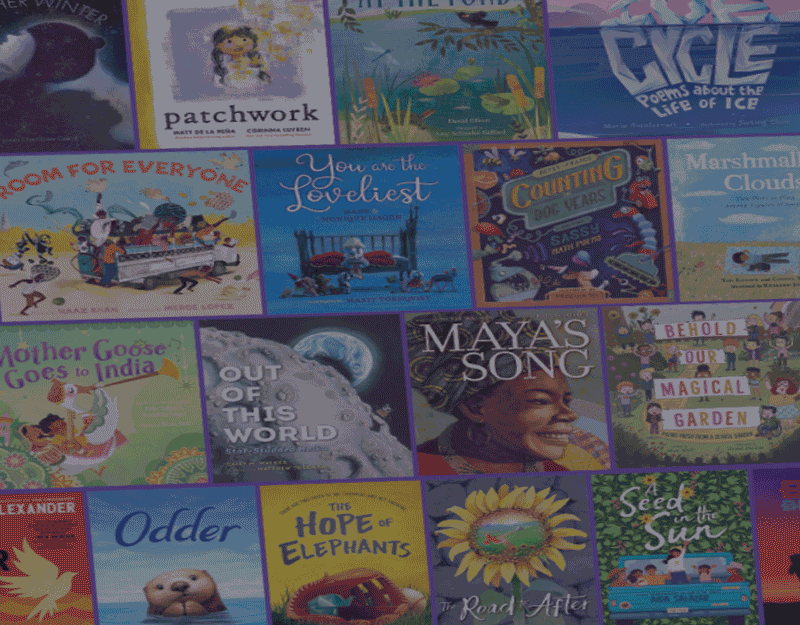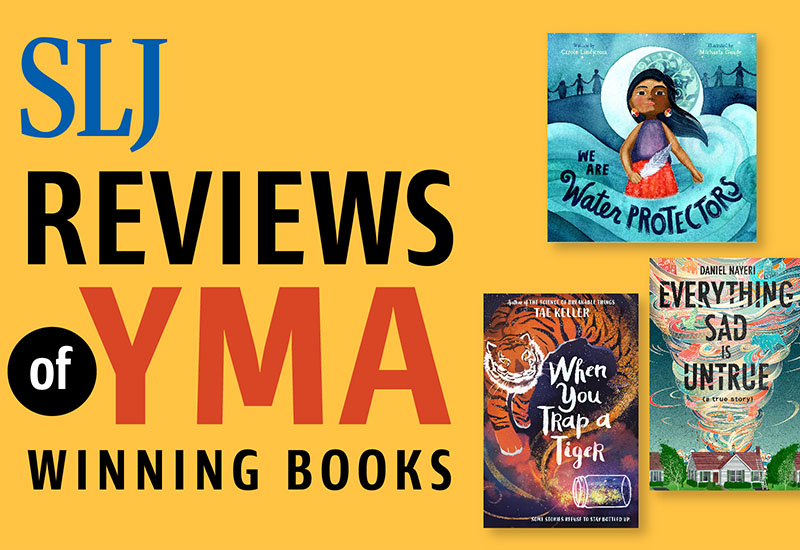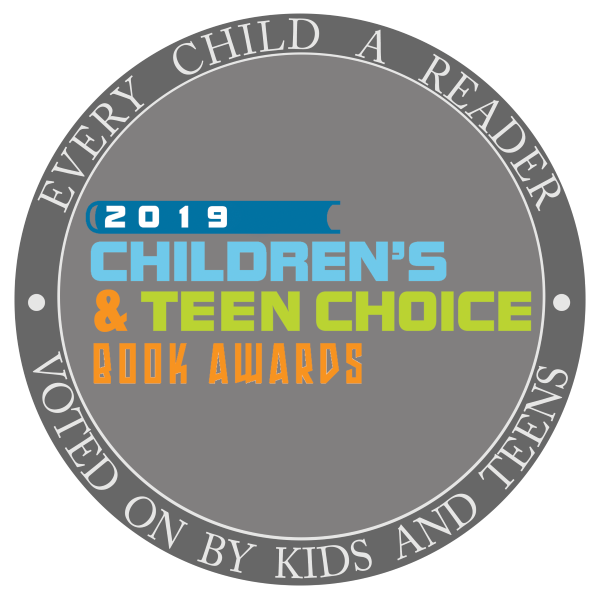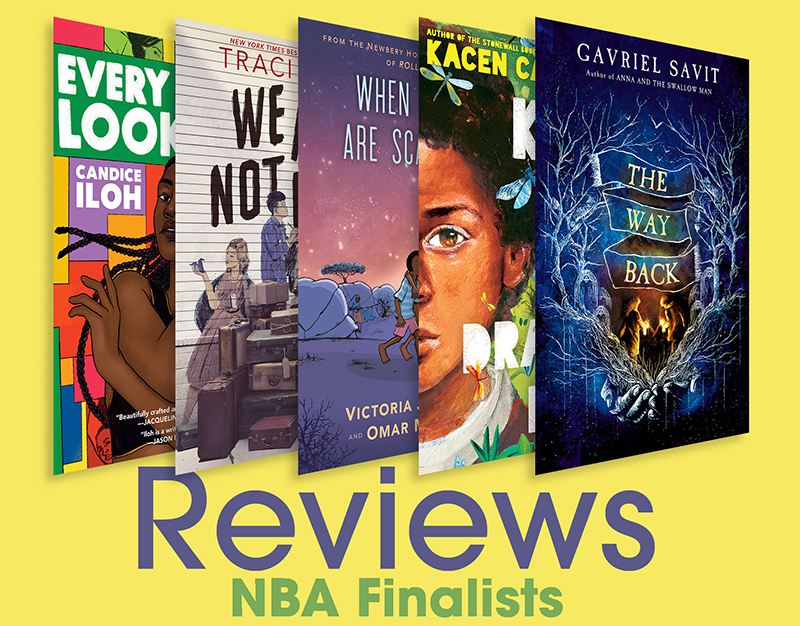Review of the Day – Vacation: We’re Going to the Ocean by David L. Harrison

How do you get a kid to read poetry? That’s something you want to do, right? Inundate them with a fine appreciation for a measured verse right from the get-go? So what’s the trick? There are plenty of poetry books for kids out there, sure. But maybe your kids aren’t too keen on those big 8" X 12" collections. We always talk about how graphic novels can be gateway books from pictures to prose. So why can’t poetry books that tell a single story also be considered gateway books, but this time from fiction to poetry? That’s sort of where my mind was going when I read by David L. Harrison. It’s a simple story at its heart, but with enough humor (and visuals) to lure in children at just the right age and make them poetry keen. It’s worth a shot in any case.
Our unnamed hero is going on vacation and he cannot wait. Heck, he’s even excited by the prospect of sitting in the backseat for long periods of time with his sister and baby brother. In forty-five little poems, we hear this epic tale. From running out of gas to camping with a snoring dad. From visiting relatives to getting at long last to the ocean to play. Some things may be good and some things may be bad about vacationing with your family, but as the boy says at the end. "Home at last! / I’m glad we’re here, / but I can’t wait / until next year!"
ADVERTISEMENT
ADVERTISEMENT
David L. Harrison prepares you right from the start for the vertical layout of most of his poems. The first one "Hi!" introduces you to Samuel Scott, or just Sam. The poem runs from top to bottom and it may take a couple reads to realize that you have to finish the first line before moving onto the second. Once the reader (whether child or adult) has figured that out, however, it’s just a matter of remembering that for the other poems in the book. Taken as a whole, the poetry here is all about the experience of summer. Kids may be encouraged to write their own family vacation poems after reading the ones they find here. And for the most part they seem to hold together. The only poem that didn’t really fit, as far as I could tell, was a rather random one where the family visits a huge fancy museum right after running out of gas. It didn’t transition particularly well and was a very odd pairing.
While Harrison is telling one story, the fantastic illustrator Rob Shepperson (whom I have admired for many years) is filling in the gaps with his marvelous illustrations. For example, we haven’t much of a sense of the boy’s strangely unflappable sister. This is understandable since we’re getting all this entirely from the boy’s perspective and it wouldn’t make a lot of sense for him to suddenly understand the girl’s predilection for ballet tutus and tiaras. So it is that Shepperson gives her a fair amount to do visually. This happens when he transitions one poem into another with his pictures. "Shark!" a poem about mistaking a pelican’s upturned beak for a watery predator shows the boy pointing out to sea as the girl prepares behind him to dowse him with a bucket of water. If you expect that she’s successful then the next poem "Hot Pop" may explain why he felt obligated to shake a hot pop and then spew it on her later.
Shepperson also offers a counter-perspective to one poem or another. When Harrison writes the too familiar cry of "I Gotta Go!" it’s Shepperson who shows the boy surrounded by about five empty liquid containers. Shepperson also works in a lot of tiny details that parents will appreciate but will sail clean over their children’s heads. For example, the poem "Are We There Yet?" shows the boy squirming in his seat in boredom while his sister quietly reads a book, her arm resting on another that appears to be One Hundred Years of Solitude. That title’s probably wishful thinking on her part. Later she seems to have A Year in Provence in her possession. A well read child, no?
The weird thing is that in a lot of ways this book is already a historical document. There aren’t any cell phones or electronic devices (the back seat of the car is bereft of handheld games of any sort), just books and toys. Most telling of all, however, is the poem "Taking Pictures" where the boy complains that the gulls are refusing to hold steady and "I’m nearly out of pictures already!" Out of pictures? There will be more than one child who reads this line and shakes their head in confusion. How can you be out of pictures? Do you mean out of memory? Why not delete the pictures that aren’t as good? The old film-based camera is bound to become a teachable moment for more than one parent out there.
Maybe the most telling poem in this book is "In the Backseat". As Harrison writes it, the boy is thinking about all the places he’ll see from his backseat. But it is Shepperson who has drawn the picture in such a way that you can see a highway stretching far and away into the horizon magically within that back seat. It’s not something you’d necessarily notice on a first read, but that’s a lot of the charm of this book. Consider it the perfect read aloud title for those kids vacationing, about to vacation, or having just vacationed. Slight, fun, and a great introduction to the world of free verse.
On shelves now.
Other Blog Reviews:
Professional Reviews: School Library Journal
Misc: 
- Happy Poetry Friday! Poetry for Children has the round-up.
- Harrison talks a little about his process as it relates to his work in The Rolla Daily News.
Filed under: Uncategorized
About Betsy Bird
Betsy Bird is currently the Collection Development Manager of the Evanston Public Library system and a former Materials Specialist for New York Public Library. She has served on Newbery, written for Horn Book, and has done other lovely little things that she'd love to tell you about but that she's sure you'd find more interesting to hear of in person. Her opinions are her own and do not reflect those of EPL, SLJ, or any of the other acronyms you might be able to name. Follow her on Twitter: @fuseeight.
ADVERTISEMENT
ADVERTISEMENT
SLJ Blog Network
Name That LEGO Book Cover! (#53)
Exclusive: Vol. 2 of The Weirn Books Is Coming in October | News
Fighting Public School Book Bans with the Civil Rights Act
Take Five: Middle Grade Anthologies and Short Story Collections
ADVERTISEMENT








Great review, Betsy, I concur– and I appreciate the nod, too. Thanks for joining the Poetry Friday gathering. Always a pleasure to cross paths with you.
Sylvia